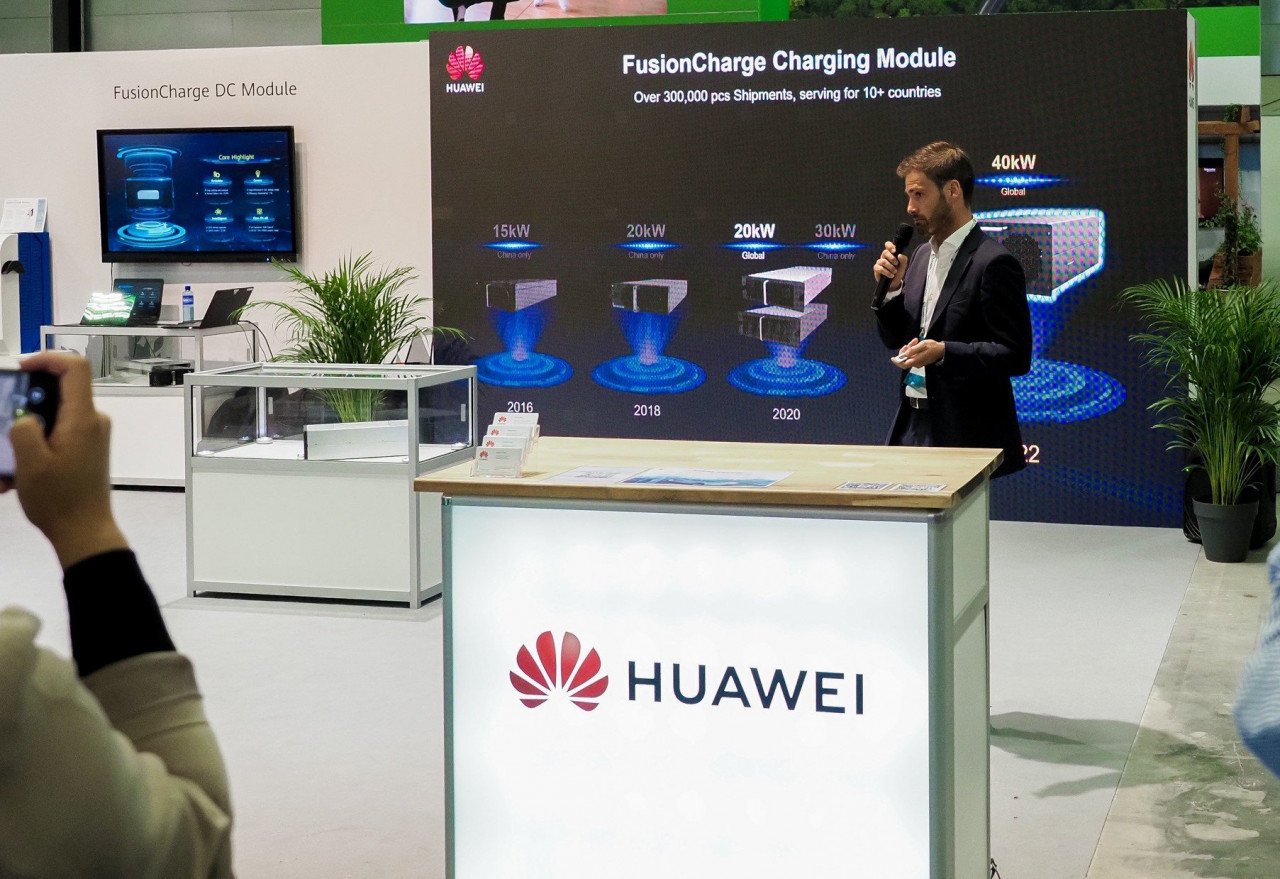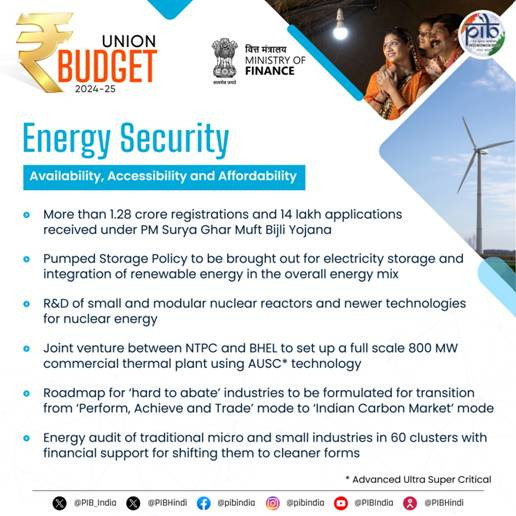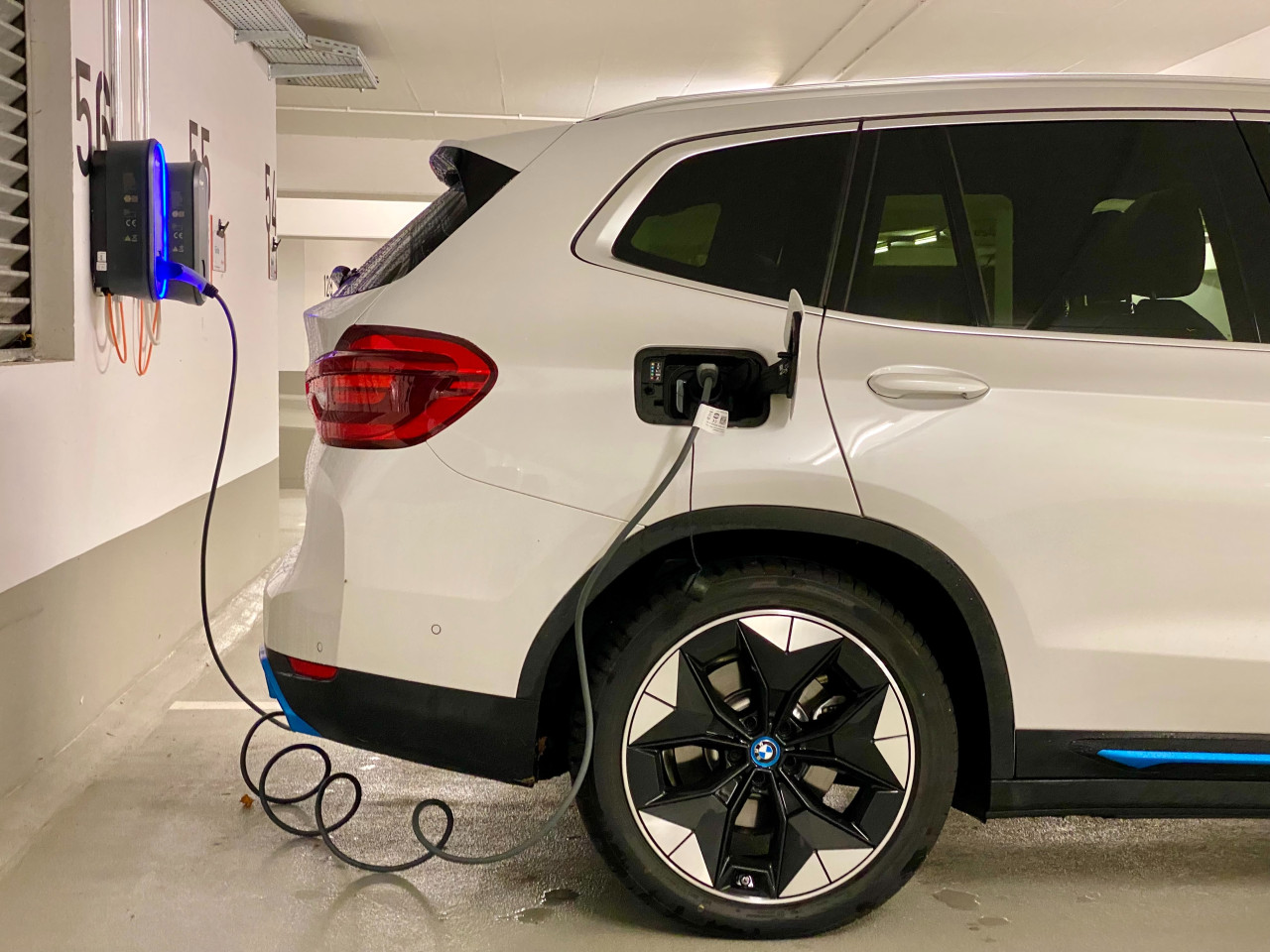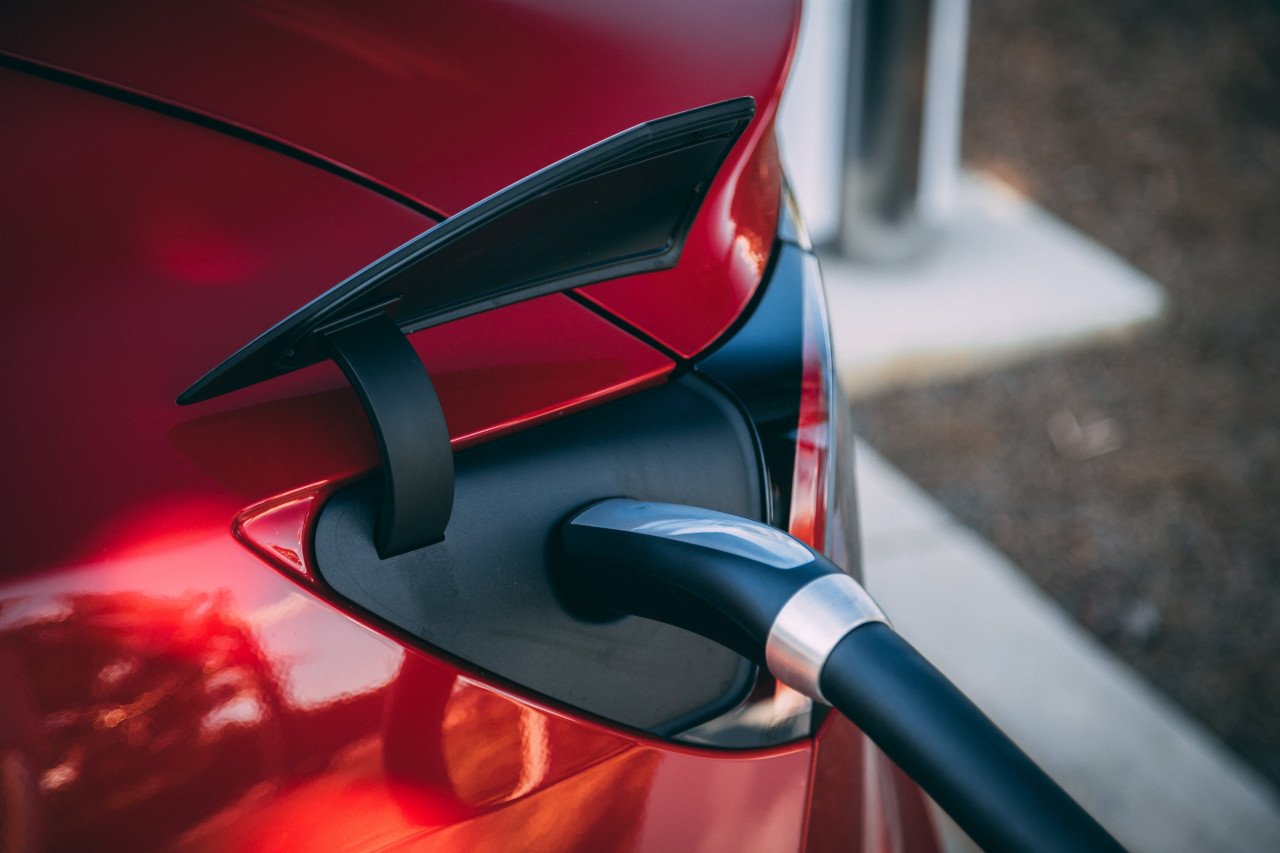Huawei launches next-gen 40kW FusionCharge EV DC charging module at EVS35
Huawei has announced that it has launched its next-generation 40 kW FusionCharge DC charging module at the 35th International Electric Vehicle Symposium & Exhibition (EVS35).
This reliable, low-noise, and highly efficient charging module is expected to become the core of electric vehicle (EV) charging installations so that users can enjoy a better charging experience while operators and carriers save money on the operation and maintenance costs of the loading facilities.
The core values of Huawei FusionCharge New Generation 40KW DC Charging Module are as follows:
- Reliable: Encapsulation and isolation technologies ensure long-term reliable operation in harsh environments with an annual failure rate of less than 0.2 percent. In addition, the product supports smart O&M and remote over-the-air (OTA) upgrades, eliminating the need for site visits.
- Efficient: The product is 1 percent more efficient than the industry average. Equipped with Huawei's charging module, a 120-kW charging cell can save 1,140 kWh of electricity every year.
- Silent: Huawei's charging module is 10 dB quieter than the industry average. When it detects low temperatures, the fan automatically adjusts speed to reduce noise, making it suitable for noise-sensitive areas.
- Versatile: EMC Class B rated; the module can be deployed in residential areas. At the same time, its wide voltage range allows recharging for different vehicle models (voltages).
Huawei also offers a complete portfolio of charging solutions tailored to various scenarios. At the launch, Huawei showcased its all-in-one residential solution that combines photovoltaic, energy storage, and charging devices.
The transport sector produces about 25 percent of the world's total carbon emissions. To stop this, electrification is essential. According to the International Energy Agency (IEA), sales of electric vehicles (including fully electric and plug-in hybrid vehicles) worldwide reached 6.6 million in 2021. At the same time, the EU has set itself an ambitious goal of zero carbon emissions by 2050, seeking to phase out fossil fuel vehicles by 2035.
Charging networks will be a key infrastructure to make electric vehicles more accessible and mainstream. In this context, electric vehicle users need better charging networks, available to them anywhere. Meanwhile, charging facility operators are looking for ways to seamlessly connect charging networks to the power grid. They also need safe, reliable, and efficient products to minimize facility lifecycle operating costs and maximize revenue.
At the launch, Huawei shared its vision of integrating power electronics and digital technologies to provide electric vehicle users with a better charging experience. It is also helping to build greener and more efficient charging networks that can seamlessly evolve to the next level, driving faster electric vehicle adoption.
Peng Jianhua, General Manager of Huawei Digital Power Intelligent Charging Business, explained: "In our drive to reduce emissions from the transportation sector, Huawei hopes to work with industry partners and promote the upgrading of charging facilities. We offer core technologies, core modules, and integrated platform solutions of photovoltaic, storage, and charging systems for a better and greener future."






















